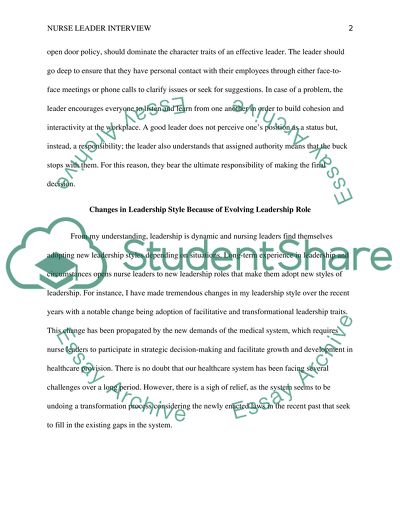Cite this document
(“Nurse Leader Interview Essay Example | Topics and Well Written Essays - 1250 words”, n.d.)
Retrieved from https://studentshare.org/nursing/1472921-nurse-leader-interview
Retrieved from https://studentshare.org/nursing/1472921-nurse-leader-interview
(Nurse Leader Interview Essay Example | Topics and Well Written Essays - 1250 Words)
https://studentshare.org/nursing/1472921-nurse-leader-interview.
https://studentshare.org/nursing/1472921-nurse-leader-interview.
“Nurse Leader Interview Essay Example | Topics and Well Written Essays - 1250 Words”, n.d. https://studentshare.org/nursing/1472921-nurse-leader-interview.


